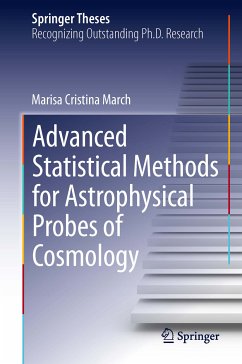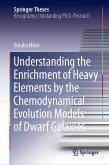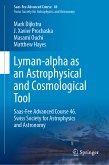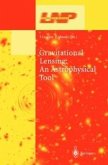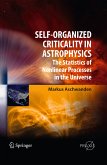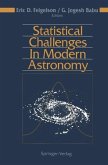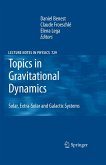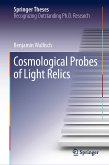Bayesian model selection provides a measure of how good models in a set are relative to each other - but what if the best model is missing and not included in the set? Bayesian Doubt is an approach which addresses this problem and seeks to deliver an absolute rather than a relative measure of how good a model is.
Supernovae type Ia were the first astrophysical observations to indicate the late time acceleration of the Universe - this work presents a detailed Bayesian Hierarchical Model to infer the cosmological parameters (in particular dark energy) from observations of these supernovae type Ia.
Dieser Download kann aus rechtlichen Gründen nur mit Rechnungsadresse in A, B, BG, CY, CZ, D, DK, EW, E, FIN, F, GR, HR, H, IRL, I, LT, L, LR, M, NL, PL, P, R, S, SLO, SK ausgeliefert werden.

